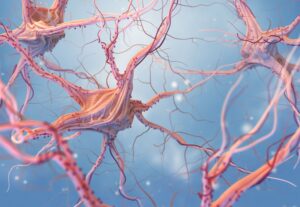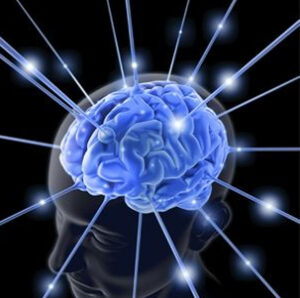ADHD (Attention Deficit Hyperactivity Disorder) and bipolar disorder are two separate conditions that have some similarities in symptoms, but they are distinct and require different treatment approaches. Here are some of the differences between ADHD and bipolar disorder:
- Symptom Duration: ADHD symptoms, such as inattention, hyperactivity, and impulsivity, persist across different settings and are present since childhood. On the other hand, bipolar disorder is characterized by alternating episodes of mood swings, with episodes of mania or hypomania and depression that can last for days or weeks. People with ADHD have difficulties with executive functions such as planning, organization, and working memory consistently over time, while those with bipolar disorder may have difficulties with memory and attentional processes during periods of mood disturbance.
- Mood Swings: Although both conditions can involve mood swings, the nature of the swings is different. People with ADHD may have mood swings, but they tend to be less intense, shorter in duration (on the order of minutes to hours) and less frequent than in bipolar disorder. Bipolar disorder involves more dramatic shifts in mood that persist for days to weeks, and can cause significant impairment in daily functioning.
- Sleep Patterns: Sleep disturbances are common in both ADHD and bipolar disorder, but the nature of the sleep problems is different. People with ADHD tend to have difficulty falling asleep, while those with bipolar disorder may have trouble staying asleep.
- Response to Medication: The medications used to treat ADHD and bipolar disorder are different, and people with bipolar disorder may not respond to ADHD medications in the same way as those with ADHD.
- Genetic Factors: Both conditions have a genetic component, but the genes involved in each condition are different.
In summary, ADHD is a neurodevelopmental disorder characterized by symptoms of inattention, hyperactivity, and impulsivity that persist across different settings and are present since childhood. Bipolar disorder is a mood disorder characterized by alternating episodes of mania or hypomania and depression. While both conditions can involve mood swings, they differ in the nature and duration of symptoms, sleep patterns, response to medication, and genetic factors.
Is there genetic overlap between ADHD and Bipolar Disorder?
The exact percentage of genetic overlap between ADHD and bipolar disorder is not yet fully understood. However, several studies have suggested that there is some degree of genetic overlap between the two conditions.
One study, published in the journal JAMA Psychiatry in 2018, analyzed the genetic data of over 60,000 individuals and found that there was significant genetic overlap between ADHD and bipolar disorder. The study estimated that the genetic correlation between the two conditions was around 25%, meaning that 25% of the genetic factors that contribute to ADHD are also involved in bipolar disorder.
According to a review published in the Journal of Affective Disorders in 2018, individuals with bipolar disorder have a higher risk of also having ADHD compared to those without bipolar disorder. The study found that up to 20% of individuals with bipolar disorder also meet diagnostic criteria for ADHD.
Another study, published in the journal Nature Genetics in 2020, analyzed the genetic data of over 400,000 individuals and found evidence of shared genetic risk factors between ADHD and several psychiatric disorders, including bipolar disorder. The study estimated that the genetic correlation between ADHD and bipolar disorder was around 11%.
It is important to note that while these studies suggest that there is some degree of genetic overlap between ADHD and bipolar disorder, the exact percentage of overlap may vary depending on the sample population and the specific genetic factors being analyzed. Additionally, genetic factors are not the only factors that contribute to the development of ADHD and bipolar disorder, as environmental factors also play a role.
Conclusions: Because the symptoms of ADHD and bipolar disorder can overlap, making an accurate diagnosis can be challenging. In some cases, individuals may also have both conditions, which can further complicate diagnosis and treatment. Dr. Sonia Parikh is a qualified medical and mental health professional who can provide a comprehensive evaluation, accurate diagnosis and an individualized treatment plan based on a person’s unique situation.



